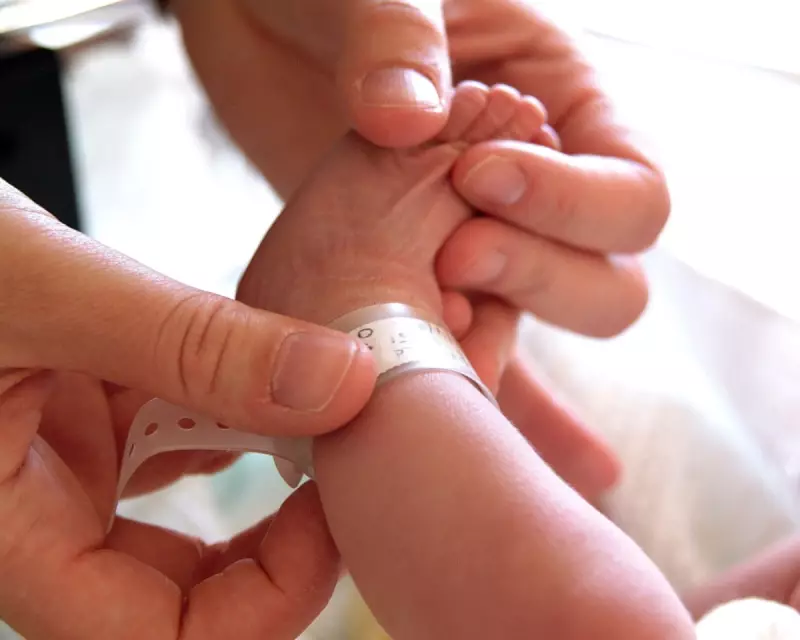
A transformative shift is underway in British delivery rooms, as a major new audit reveals that medical intervention is now a part of more than half of all births in the UK. This landmark review of NHS maternity services paints a new picture of modern childbirth, moving away from traditional natural delivery.
The comprehensive analysis, one of the most significant of its kind, shows a steady climb in procedures like Caesarean sections and induced labour. This trend highlights a fundamental change in how babies are brought into the world, raising crucial questions about maternal care, choice, and safety.
The Numbers Behind the National Trend
The data presents a clear departure from past decades. The audit meticulously tracks the increasing reliance on medical assistance, pinpointing a notable rise in both emergency and planned interventions. This isn't confined to one region but is a consistent pattern across England, Wales, and Scotland.
Experts analysing the findings point to several driving forces behind this surge. These include an increase in older first-time mothers, rising obesity rates, and a greater emphasis on mitigating potential risks during labour.
Weighing the Implications for Mothers and Babies
This rise in intervention is a double-edged sword, sparking a complex debate among healthcare professionals. On one hand, these procedures can be life-saving and are crucial for managing high-risk pregnancies and preventing birth complications.
On the other, some midwives and advocates express concern about the potential 'medicalisation' of a natural process. They warn of longer recovery times associated with surgeries like C-sections and the impact such interventions can have on the mother's birth experience and initial bonding with her newborn.
The report underscores the importance of informed consent, ensuring that expectant mothers are fully aware of the benefits, risks, and alternatives to any proposed procedure, empowering them to be active participants in their birth plan.
The Road Ahead for UK Maternity Services
This audit serves as a critical evidence base for the NHS and policymakers. It calls for a sustained focus on:
- Personalised Care: Ensuring decisions are tailored to individual pregnancy journeys, not just protocol.
- Workforce Support: Providing midwives and obstetricians with the resources to offer one-to-one care throughout labour.
- Mental Health Support: Addressing the psychological impact of birth interventions on maternal wellbeing.
As the UK digests these findings, the conversation is shifting towards how to balance the undeniable benefits of medical technology with the profound experience of childbirth, aiming for the safest and most positive outcomes for every family.





